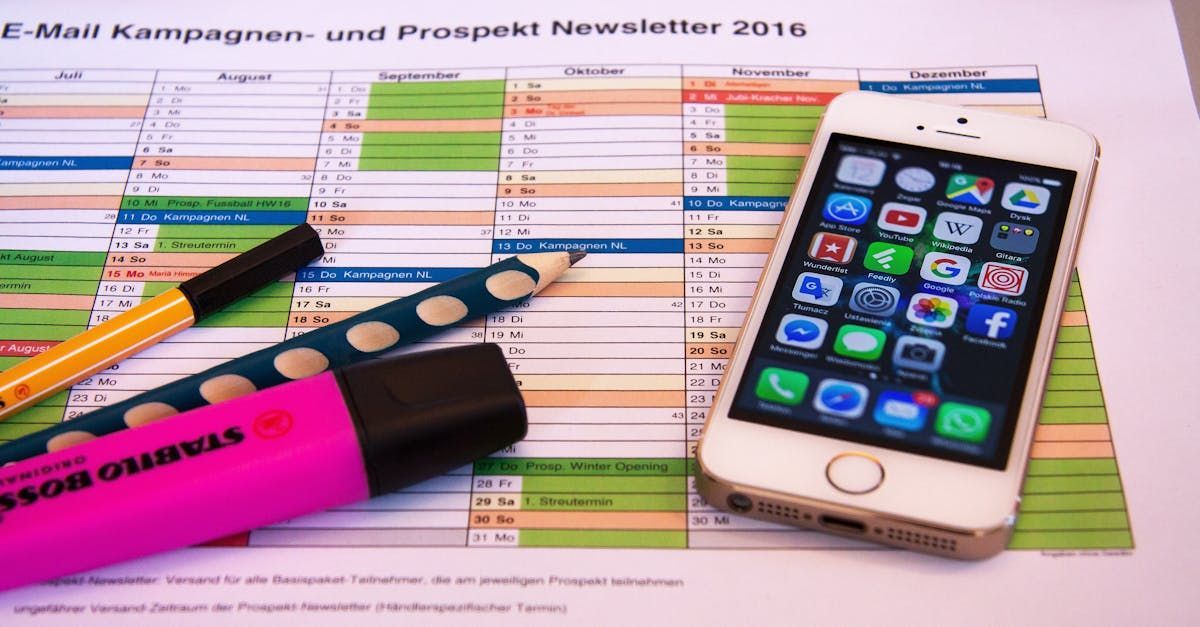Streamline Your Financial Operations with Expert Accounts Receivable Outsourcing
Streamline Your Financial Operations with Expert Accounts Receivable Outsourcing
Managing accounts receivable efficiently is crucial for maintaining cash flow and overall financial health. However, handling these tasks in-house can be resource-intensive and complex. Outsourcing your accounts receivable functions can offer a strategic advantage by leveraging specialized expertise and technology.
Why Outsource Accounts Receivable?
Outsourcing accounts receivable can transform your financial operations by:
- Enhancing Efficiency: Specialized service providers use advanced technologies and streamlined processes to accelerate invoicing and collections, reducing delays and errors.
- Improving Cash Flow: Professional management of accounts receivable ensures timely collections, which can significantly enhance your cash flow and working capital.
- Reducing Costs: Outsourcing minimizes the need for in-house resources, cutting down on overhead costs associated with staffing, training, and software.
- Mitigating Risk: External providers adhere to best practices and compliance regulations, which reduces the risk of errors and financial discrepancies.
Our Comprehensive Accounts Receivable Services
Our outsourcing services cover a range of functions designed to optimize your financial operations:
- Invoicing: Efficient creation and distribution of invoices to ensure prompt billing.
- Collections: Proactive follow-up on outstanding invoices to expedite payments.
- Credit Management: Assessment and management of customer credit to minimize risk.
- Reporting and Analysis: Detailed reports and analytics to provide insights into accounts receivable performance.
Our detailed Process:
- Generation of Invoices:
Our team creates and sends invoices to customers for products or services provided. - Receivables Tracking:
We monitor outstanding payments and update records for customer accounts instantly. - Overdue Payments Follow-Up:
We send reminders and follow up with customers with overdue balances. - Sending Reminders:
We issue payment reminders to customers with overdue invoices to encourage timely payments. - Assuring Payments Receipt in Our Customers’ Accounts:
Our team processes incoming payments through various methods like cash, checks, or electronic transfers. - Handling Disputes:
We address any payment discrepancies or billing issues with customers to resolve disputes. - Follow-Up on Delinquencies:
Our team engages in collections efforts for seriously overdue accounts to recover outstanding balances. - Generate Reports:
We prepare periodic reports summarizing accounts receivable status for management review. - Monitoring Aging Report:
Our team regularly reviews the aging report to identify and manage outstanding receivables.
---
Why Choose Us?
Our expertise in accounts receivable outsourcing is built on years of experience and a commitment to excellence. We offer:
- Tailored Solutions: Customizable services to meet the specific needs of your business.
- Advanced Technology: Utilization of state-of-the-art software for accuracy and efficiency.
- Experienced Professionals: A team of skilled professionals dedicated to optimizing your accounts receivable processes.
By outsourcing your accounts receivable functions to us, you can focus on core business activities while we handle the complexities of financial management. This strategic approach not only enhances operational efficiency but also supports sustained growth and profitability.
Contact Us Today
To learn more about how our accounts receivable outsourcing services can benefit your business, get in touch with us for a consultation. Discover how we can help streamline your financial operations.






